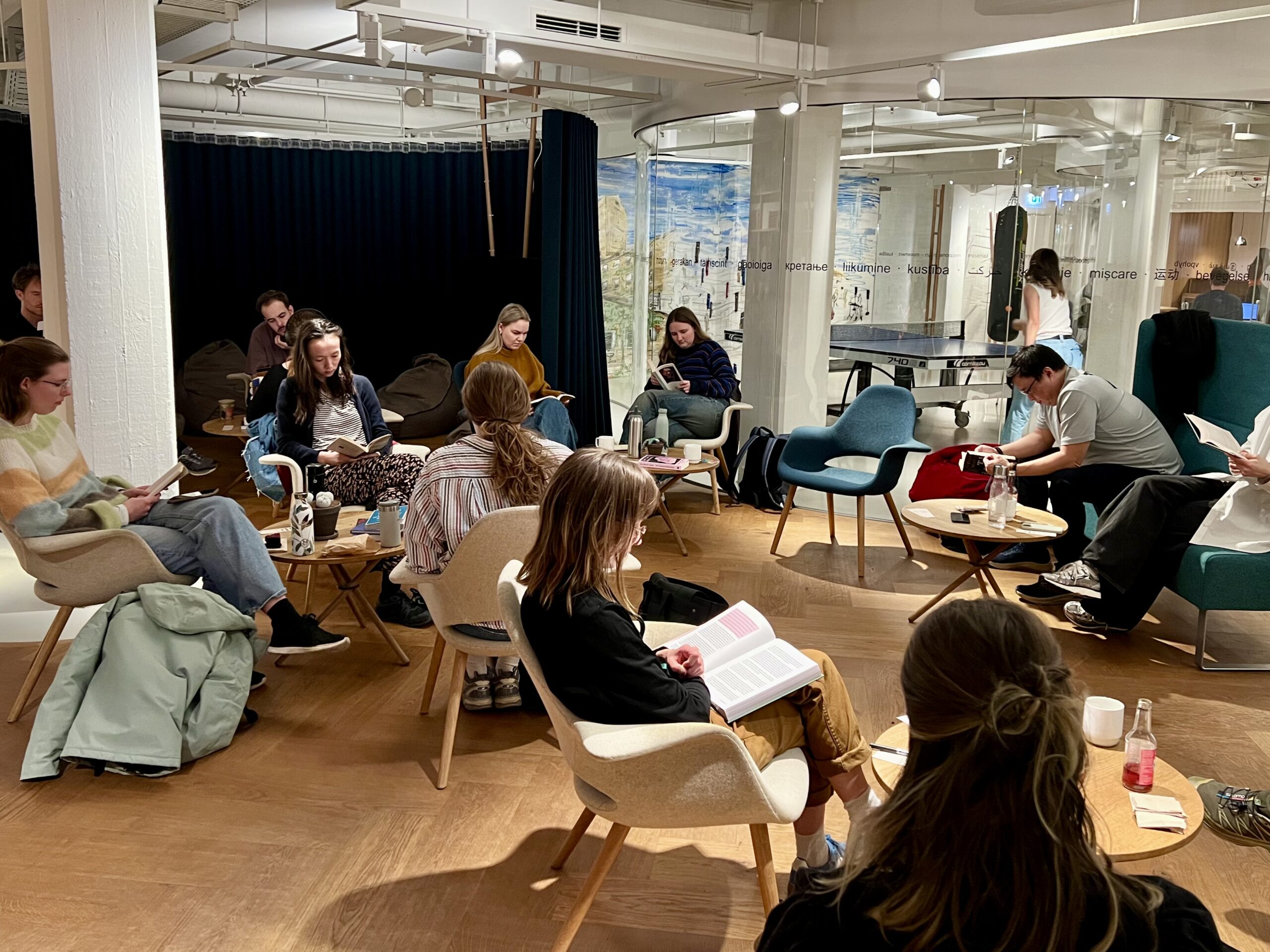Following the deal struck by British Prime Minister David Cameron late on Friday in Brussels that will keep Britain in the European Union with ‘special status’ subject to a referendum, the Danish business sector continues to hold its breath.
A British exit from the EU would have disastrous financial consequences for all of Europe, including Denmark, according to reports from the two German institutions Bertelsmann Stiftung and Ifo Institute.
The reports estimate that Denmark’s economy would shrink by 1.5 to 4 percent depending on how a British exit might end up looking like. That would be a decrease in GDP (Gross Domestic Product) of up to 70 billion kroner.
One of the companies keeping a sharp eye on proceedings is the Danish energy development company BWSC, which builds power plants and is familiar with the British energy technology market.
“We have invested over 500 million kroner in the UK,” Anders Heine Jensen, the head of BWSC, told Børsen newspaper. “The companies we run projects for have invested a total of 7-8 billion kroner.”
“These kinds of funds are invested based on having a stable system, functioning trade agreement and free labour movement. If the conditions were to change, we would need to think about investing in new projects in the UK.”
READ MORE: UK Brexit campaign heats up: What is the answer to their European question?
Recession-like conditions
The reports showed that in particular Ireland, Luxembourg, Malta and Belgium would suffer should the UK pull out of the EU. The UK itself stands to take a 26 percent hit on its own economy should it pull completely out, the reports suggested.
“The British economy will look like the crisis endured by the Greeks, who lost a quarter of their income,” Kim Fæster, a senior macroanalyst with Jyske Bank, told TV2 News.
“In Denmark we will see falling employment and an increase in unemployment. We could also risk seeing dwindling housing prices and a situation where people reduce their consumption and investment over fears of their personal economies.”
The UK will vote on whether or not to remain in the EU on June 23 in a referendum.














